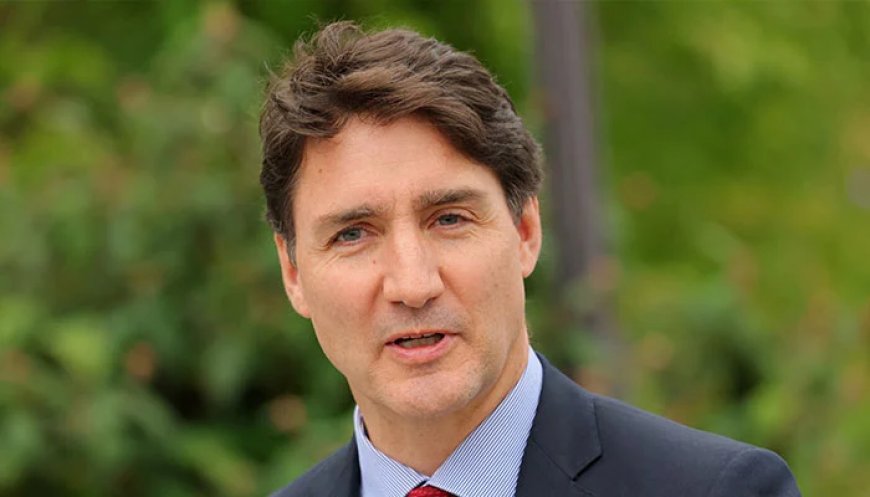Border crackdown: Canada turning away more foreigners

1. Rejections comes as PM tries to reduce temporary residents, permanent immigrants ahead of election
TORONTO: Canada is closing its doors to more visitors and temporary residents by approving fewer visas and turning away more people who reach its borders with official documents, according to government data obtained by Reuters.
The spike in rejections of foreign travellers comes as Prime Minister Justin Trudeau's liberal government, trailing in polls ahead of an election expected next year, tries to lower the numbers of temporary residents — and possibly permanent immigrants. Migrants have been blamed for the shortage and high prices of housing.
Canadians have prided themselves on embracing newcomers but polls show a growing number say Canada is admitting "too many immigrants". That stance is filtering down to border and immigration officers, observers say.
In July, Canada refused entry to 5,853 foreign travellers, who were "allowed to leave," as Canada puts it, and who include students, workers and tourists, the most since at least January 2019, according to border agency data that has not been previously reported.
Border officers turned away 3,727 foreign travellers per month on average through the first seven months of 2024, an increase of 633 people or 20% from a year earlier.
Separately, officers deemed 285 visa-holders inadmissible in July, also the most in any month since at least January 2019, the data showed.
At the same time, Canada's immigration department is approving fewer visas.
The ratio of refused visitor visa applications to approved ones was higher in June than at any point since the height of the pandemic. In January, February, May and June 2024, more applications were refused than approved, according to immigration department data.
Miller's spokesperson said the immigration department was "committed to a fair and non-discriminatory application of immigration policy and procedures" and attributed the drop in study-permit approvals to a cap announced in January. The decline appears to have begun last year, however.
Eight lawyers told Reuters they have heard from clients of greater scrutiny of visa-holders at airports and land border crossings.

















































